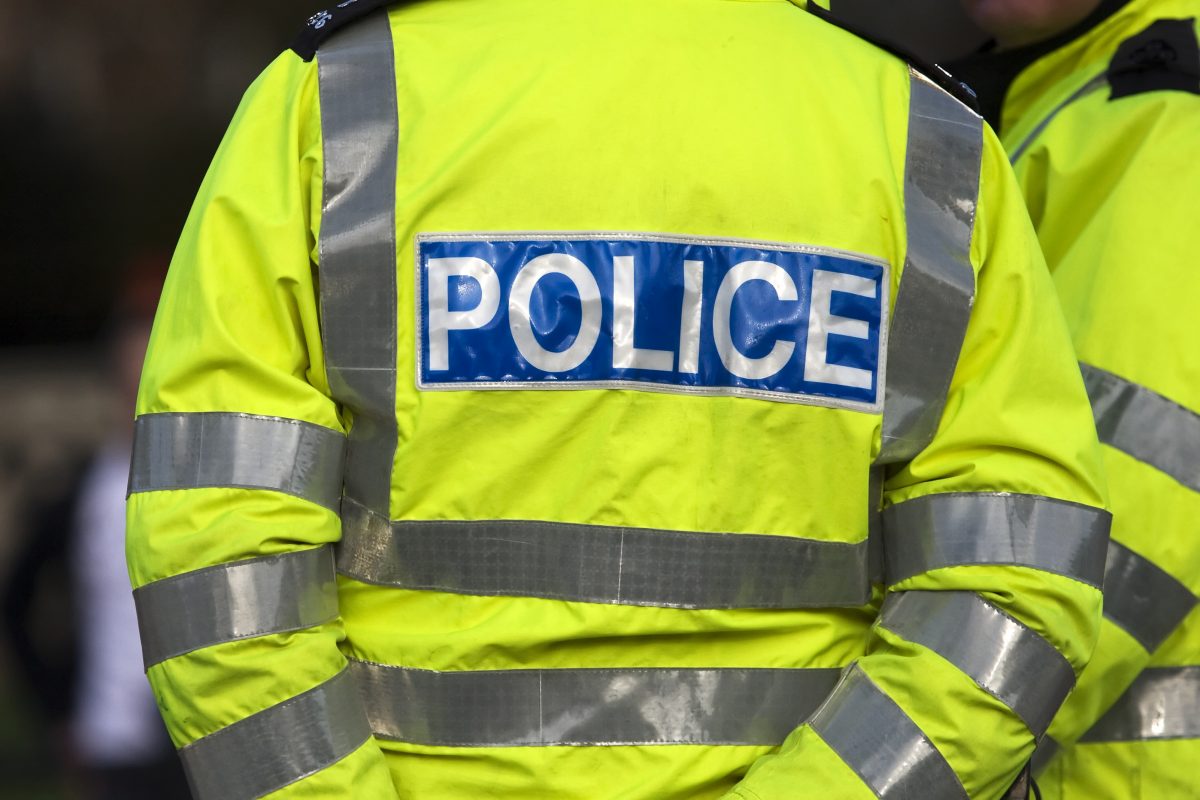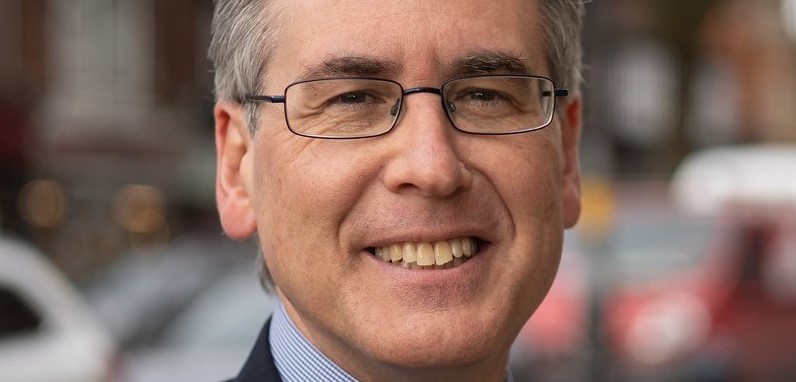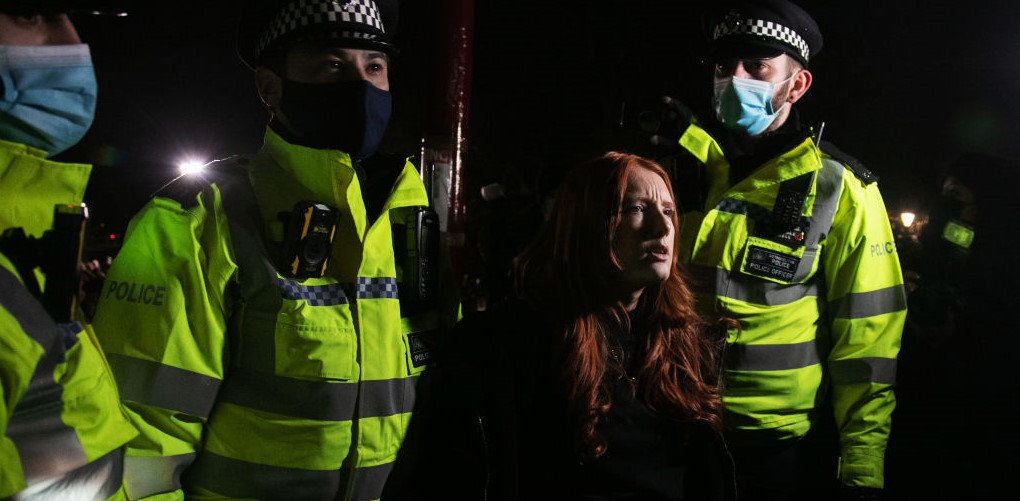Violent crime rise from austerity cuts
An alarming rise in violent crime both in London and throughout the UK has sparked calls for an end to austerity-driven police and youth services cuts.
Since March there have been 22 fatal stabbings, many of them involving young people, in the capital alone. One day last week on April 5, six teens were stabbed in London within 90 minutes of each other. One boy – only 13 years old – remains in critical condition in hospital.
Figures from the Office of National Statistics (ONS) published in January have shown in the year to September 2017, knife crime in England and Wales has skyrocketed by 21 per cent, with gun crime up 20 per cent and overall crime up 14 per cent.
Against this backdrop of rising crime rates, police numbers have plummeted. Since 2010, police numbers have dropped by 20,000 – a 14 per cent decrease. In the last year alone, more than 900 police officers have been cut.
The link between rising crime and falling police numbers was made in an analysis by the Home Office itself, which was contained in a document leaked by the Guardian yesterday (April 9). The analysis purportedly informed the government’s new Serious Violence Strategy published on the same day but Home Office secretary Amber Rudd denied the link.
The issue of falling police numbers and resources was wholly absent from the government’s strategy, and Rudd repeatedly told the press that she has not seen the leaked Home Office document.
Rudd’s failure
Unite, the Labour Party and other critics pounced on Rudd’s failure to face up to facts unearthed by her own department.
Shadow Home secretary Diane Abbott criticised the Home Office for not providing any new funding for the government’s crime strategy, as she questioned what was being cut to fund its new initiatives.
“It must not be from elsewhere in the police or security budgets which have already been slashed,” she said.
“Today (April 9) the Home Secretary claimed to be launching â€a fact and evidence-fuelled’ strategy, but then admitted she hadn’t even bothered to read the evidence her officials have compiled,” Abbott added.
“This looks increasingly like a PR stunt by Amber Rudd designed to grab a good headline. The Tories have slashed police funding and resources, leaving them struggling to cope with rising serious crime. This latest announcement looks like a cover up of their own failures.”
Unite regional officer Caren Evans, who worked as a Police National Computer trainer for many years, said that what’s often missing from the conversation about police resources and tackling crime are the staff whose many different roles serve to support police officers.
“While police officers on the streets have seen a substantial reduction, there has also been a massive fall in the numbers of police staff,” she told UNITElive. “What ends up happening is those police officers who are struggling to cope with fewer of their colleagues are being tasked with carrying out essential duties that should be performed by police staff but those roles have been slashed. Police officers no longer have the time and support to do their jobs properly.”
The converse is also true – more and more police staff are being forced to take on frontline roles.
This is a problem that West Midlands police and crime commissioner David Jamieson has attempted to tackle in his latest budget, which will see ÂŁ10m allocated to fund more frontline police staff roles such as 999 emergency call handlers, forensic experts and others.
But last month, Conservative MPs in the region launched a concerted campaign to reverse this funding – a move Unite has strongly criticised.
Police budget cuts
“The cuts to the police budgets since 2010 have resulted in a huge reduction in police staff; those that remain have had a greatly increased workload and are increasingly being forced to undertake frontline roles,” said Unite national officer Jim Kennedy.
“Increasingly the public do not realise that they are being aided by a member of frontline police staff rather than a police officer,” he pointed out.
“How anyone can oppose funding to increase the number of child abuse investigators, 999 emergency call handlers and forensic experts, who are in the frontline of assisting the public and solving crimes, is absolutely beyond me.”
As the Home Office yesterday (April 9) launched its violent crime strategy, Evans criticised the government for failing to acknowledge the link between police austerity cuts and rising crime rates.
“Anybody can see that their approach is short-sighted. If you’ve got fewer police officers — and others such as community support officers, who are their eyes and ears on the street — of course you will see an increase in crime.”
She argued too that crime must be tackled as a “society-wide issue” as she criticised cuts to youth services.
“Under austerity, youth services have been scrapped or cut to essentially nothing. Without facilities for young people such as youth clubs, more and more young people will turn to crime.”
Unite national officer for youth and community workers Colenzo Jarrett-Thorpe agreed.
“Youth services encompass a wide range of programmes, including many specifically designed to tackle gang violence,” he said. “When these programmes and youth centres and clubs are shut, many young people have nowhere to go to. When young people don’t feel that they have a stake in their society; when they aren’t connected to their wider community, violent crime is an all-too easy alternative. Youth work isn’t about playing games; it is informal education that meets young people where they are at.
“If this government is serious about tackling violent crime, especially among young people, it could start by reversing massive budget cuts to youth services. In London alone, £145m has been cut from youth services and 800 youth workers have lost their jobs. Young people have been among the first and most impacted groups of government-sponsored austerity.”
 Like
Like Follow
Follow


